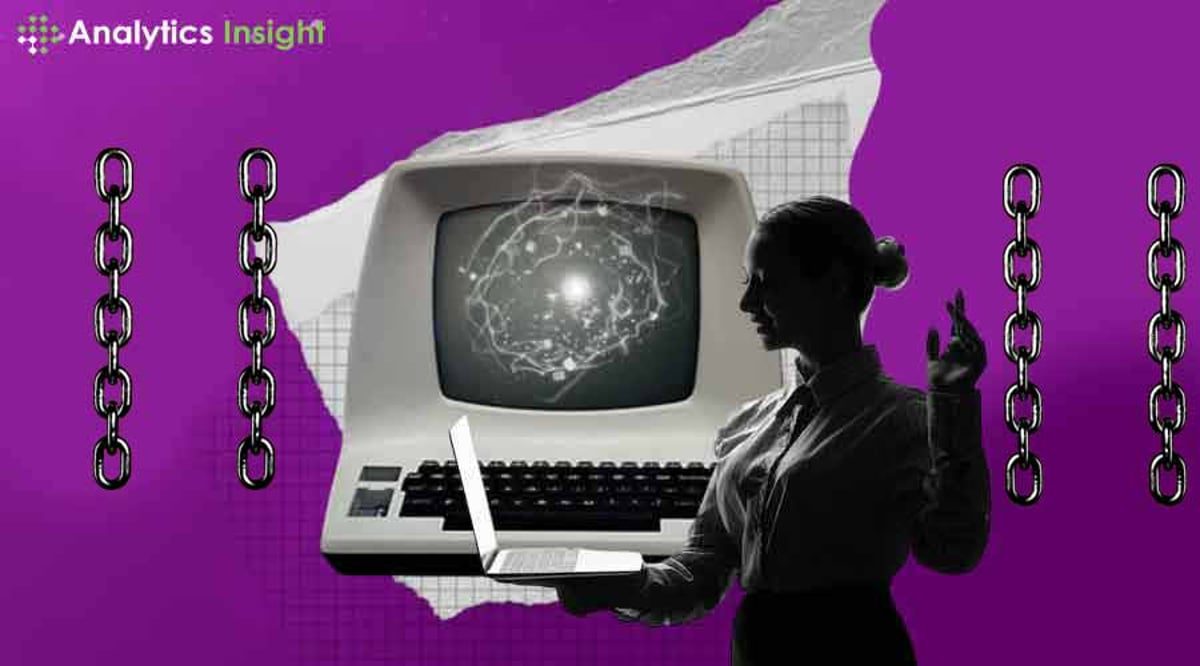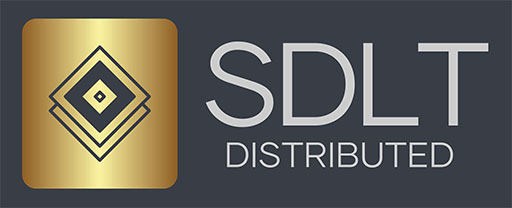
How Blockchain is Transforming Cloud Computing Industry?
Published on
:
Blockchain technology is gradually merging with cloud computing, shaping the future of information storage, security, and distribution. Although these two powerful technologies have often been viewed as separate, they are now coming together to provide solutions to some of the cloud’s most persistent challenges. This collaboration is leading to a revolution in cloud security, efficiency, and scalability.
A New Era of Cloud Security
The potential to improve cloud security is one of the most important gains blockchain can facilitate in cloud computing. Centralized cloud data opens cloud services to attack or vulnerability to unauthorized access. Blockchain in Cloud Computing answers the above-mentioned problems by providing decentralized, transparent, and tamper-proof features.
Blockchain stands out from other technologies, specifically distributed ledger technology (DLT), because it is a secure and transparent record of every transaction. Statista published a 2023 report stating that 57% of companies use blockchain integration to the cloud to enhance security measures. The fact that blockchain is being widely adopted says a lot about the strong belief that blockchain has the power to construct more secure cloud infrastructures.
Enabling Decentralization and Reducing Costs
Currently, with cloud computing, the servers and services needed are centralized, thus making maintenance fees and storage charges expensive. A decentralized nature like blockchain technology cuts costs. By distributing data across a network of computers rather than via a central server, blockchain removes the need for costly centralized models. It allows users to leverage a decentralized cloud infrastructure.
Apart from the cost-benefit, decentralization also eliminates single points of failure. This helps to strengthen the cloud computing system’s resilience and uptime, as the data is distributed to multiple nodes to guarantee continuous operation even when some of the nodes are compromised or offline. A 2022 Forrester Research study identifying cost reduction as a top reason for exploring blockchain solutions for cloud services found that 38% of IT pros consider blockchain one of the options to explore.
Enhancing Scalability
Cloud systems face a big scalability challenge, and businesses must process huge amounts of data and meet user needs. Blockchain’s scaling potential is to get decentralized applications (dApps) running on a blockchain cloud system. The first benefit is that these blockchain-based applications can be sophisticated enough to handle growing traffic and data demands more efficiently, as each node in the decentralized network can share some of the workload.
It also brings faster data transactions, which helps organizations scale their cloud services without losing speed or efficiency. This scalability allows enterprises to fulfill the ever-changing cloud computing requirements. In fact, according to Gartner, by 2025, more than 40% of global businesses will use blockchain as part of their cloud adoption.
Future of Cloud Computing is Blockchain-Integrated
The emerging integration of blockchain is intended to address some of the biggest challenges in cloud computing. This is just the beginning, providing enhanced security, reduced costs, increased scalability, and more. Combining cloud computing and blockchain isn’t merely an innovation but the onset of a new age where data will be stored, managed, and accessed as we know it.
Encouraged by many companies already using blockchain technology across different industries, the cloud computing world is waiting to experience its share of exponential growth and transformation. Blockchain integration is the engine of this change, taking cloud computing to the future of decentralization.
